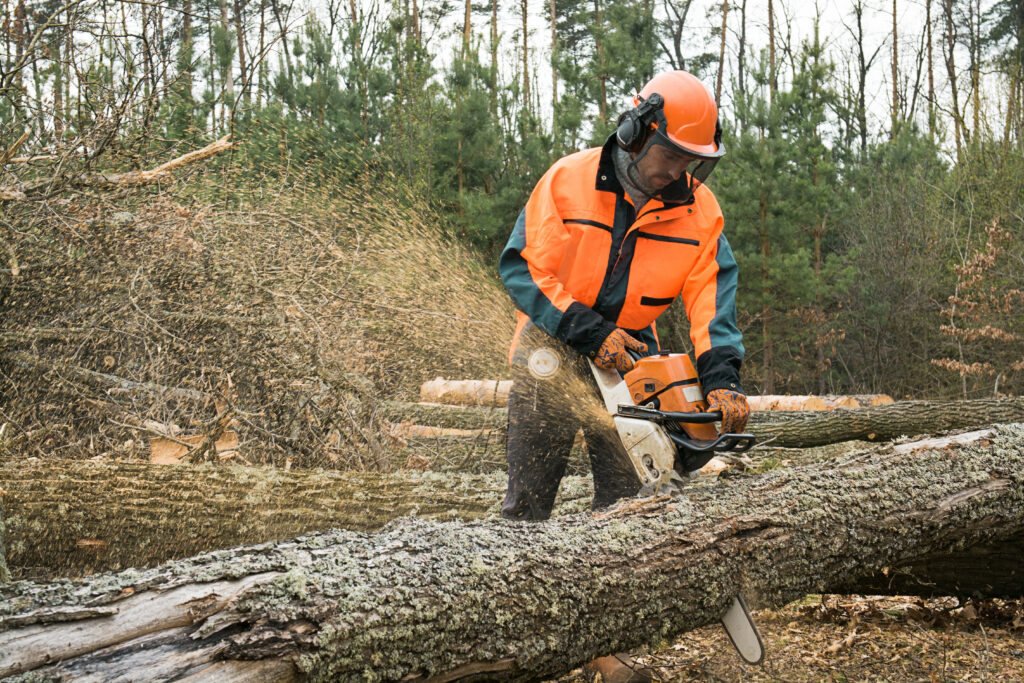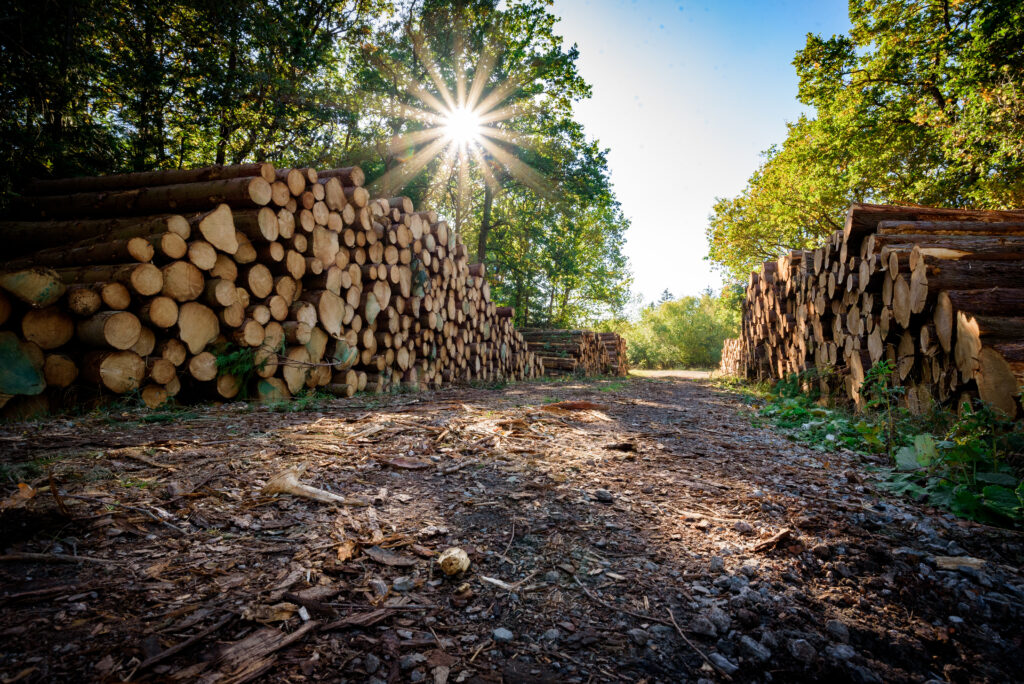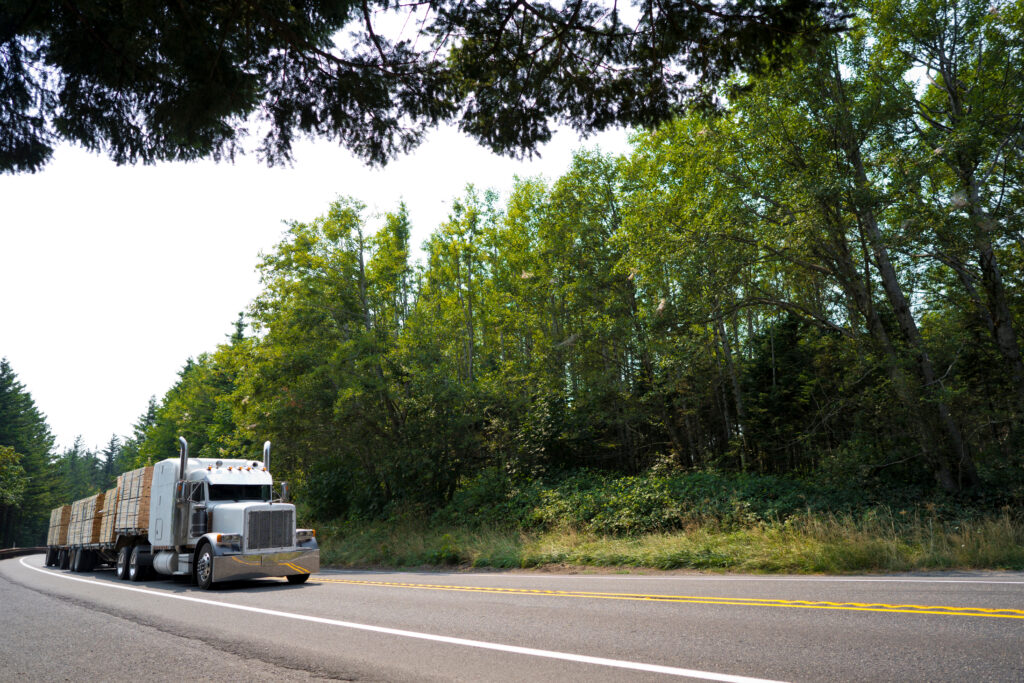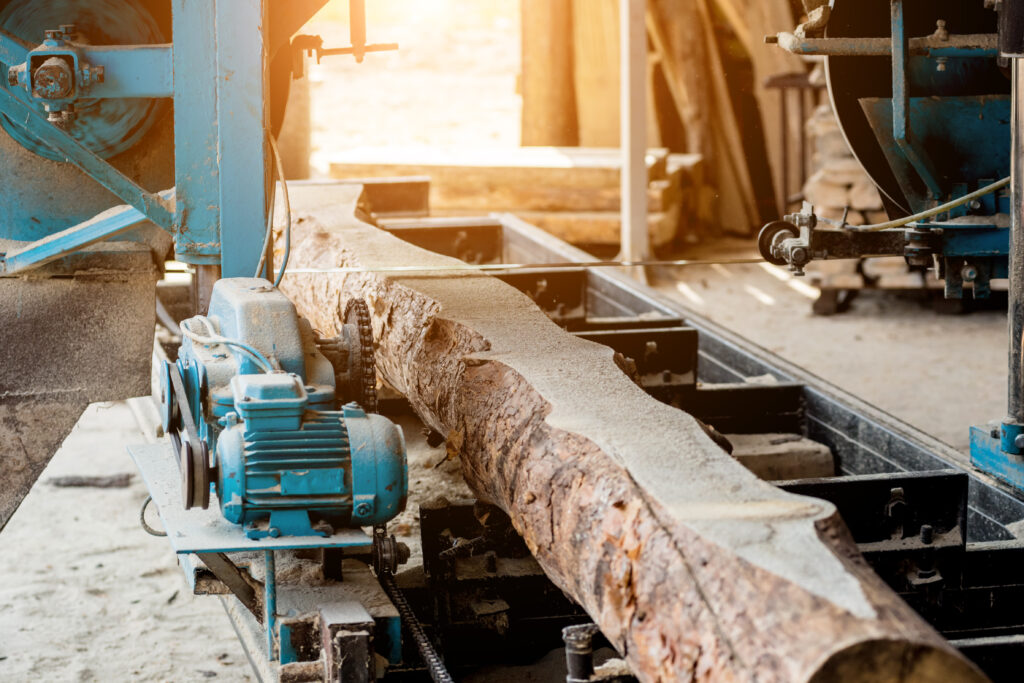
What to Do After Buying a Motorcycle
What To Do After Buying a Motorcycle After buying a new motorcycle, your inclination may be to begin riding right away. Although you may want
No matter if you are a one-man logging crew, a sawmill with hundreds of employees, or a chipping operation of a few workers, insuring your business in the logging industry is a must. Just as the heart of the logging industry is headquartered in the Northeast, so is Cross Insurance. Those in the logging industry know that the profession has a multitude of risks, from cutting wood, to transporting it, and then preparing it – the risks are known, yet unpredictable. The following information delves into insurance for your logging business, the coverages you may want, and the factors that may impact your cost to acquire insurance in Maine, New Hampshire, and Vermont.
In 1995 Cross Insurance helped develop the Professional Logging Contractors of Maine (PLC), aimed at bringing loggers together to promote logging as a profession and to advocate, cultivate, and promote safe practices in the industry. Cross Insurance insures over 30 companies in the logging industry and continues to develop its relationship with loggers across the Northeast.

In the forestry industry there are various types of businesses, some small and some large, including a wide variety of specialties.

There are basic coverages that generally all businesses should consider, but as unique as the logging industry is, there are a few coverages that should be specifically looked at.
Inland Marine
Inland Marine can provide financial protection for your business’s equipment, products, parts, and even materials that are transported. This means equipment like saws, skidders, loaders, woodchippers, harvesters, and parts such as chains, belts, protective equipment, and wood that is being transported may be covered. As logger equipment is expensive, having an inland marine policy can help protect your investments.
General Liability
General liability insurance can help to provide your logging business with protection for certain third-party liability claims related to your business operations, such as someone (other than an employee) who suffers bodily injury or property damage due to your company’s negligence (for instance, accidentally dropping a tree limb onto a customer’s shed). As the risk of harming someone or their property during logging operations may be substantial, a general liability policy is strongly recommended for a business in this industry. Some general liability policies also include coverage for certain types of personal and advertising injuries, such as claims for defamation or copyright infringement.
Commercial Property
Commercial property insurance can help protect your business against certain types of physical damage to your building and the contents within. Whether you own the building or lease the space, commercial property insurance is highly recommended. The following are some of the assets commercial property can help insure:
Workers’ Comp for Loggers
If your logging business has employees, Workers’ Compensation may be a state requirement. As the logging profession has a high-risk work environment, workers’ comp can help cover medical bills for employees who are injured or become ill because of work related events. It can also help cover a portion of lost wages while they are recovering.
Pollution Liability
At a jobsite or a wood yard the chance of spills and leaks are possible, and sometimes these accidents can become a problem. With pollution liability, if there is a situation that is deemed pollution then having this coverage can help to protect your business. Injury, cleanup, or property damage resulting from pollution can all be potentially covered with pollution liability coverage.
Commercial Auto
Operating vehicles in connection with your business is a must, which means having commercial auto coverage is important. From commercial pickups, to log trucks, dump trucks, and skidders, Cross Insurance can help provide coverage for many types of vehicles used for commercial purposes.

Insurance for loggers and other professions in the forestry industry are determined by a handful of factors. The following list are some of the possible factors that go into calculating your insurance costs.
We know that the costs of being in the logging industry can be expensive – between purchasing pieces of equipment that can cost six-figures and compensating your employees for their hard work, you spend a lot to make your business grow. When there is an opportunity to save, you want to take advantage. The following are some ways you could help to reduce your insurance costs.
If you are looking to get a quote for your logging business, reaching out to us is as simple as filling out this form. If you prefer to call one of our offices to start the quoting process, you can find a list of all of our offices here. From there, a member of our team will connect with you to get more details on the size of your business and the types of insurance plans you are interested in.
As a professional working in the logging industry, the risks are widely understood and known. There are plenty of risks, many of which insurance for your logging business could help to keep you and your employees protected from. Some examples of these are:

In order to protect the investment you have made in your logging business, you should be sure to have the appropriate insurance coverages. Some common coverages for the forestry industry include inland marine, general liability, commercial property, workers’ compensation, commercial auto, and pollution liability. You should connect with a local insurance agent to discuss unique features of your logging business to see if you should consider additional coverages.
___________________________________________________________________
This article is for general informational purposes only and is not to be relied upon or used for any particular purpose. Cross Insurance shall not be held responsible in any way for, and specifically disclaims any liability arising out of or in any way connected to, reliance on or use of any of the information contained in this article. The information contained or referenced in this article is not intended to constitute and should not be considered legal, insurance, accounting or other professional advice, nor shall it serve as a substitute for the recipient obtaining such advice. The views expressed in this article are that of its author and do not necessarily represent the views of Cross Financial Corp. and its subsidiaries and affiliates (“Cross Insurance”) or Cross Insurance’s management or shareholders.

What To Do After Buying a Motorcycle After buying a new motorcycle, your inclination may be to begin riding right away. Although you may want

New Hampshire Homeowners Insurance How to Get Insurance Quotes for Your Home in NH When it comes to selecting an insurance policy for your New

What to Do After Buying an Existing Business The time period after buying a business can be both exciting and stressful. Making an investment into